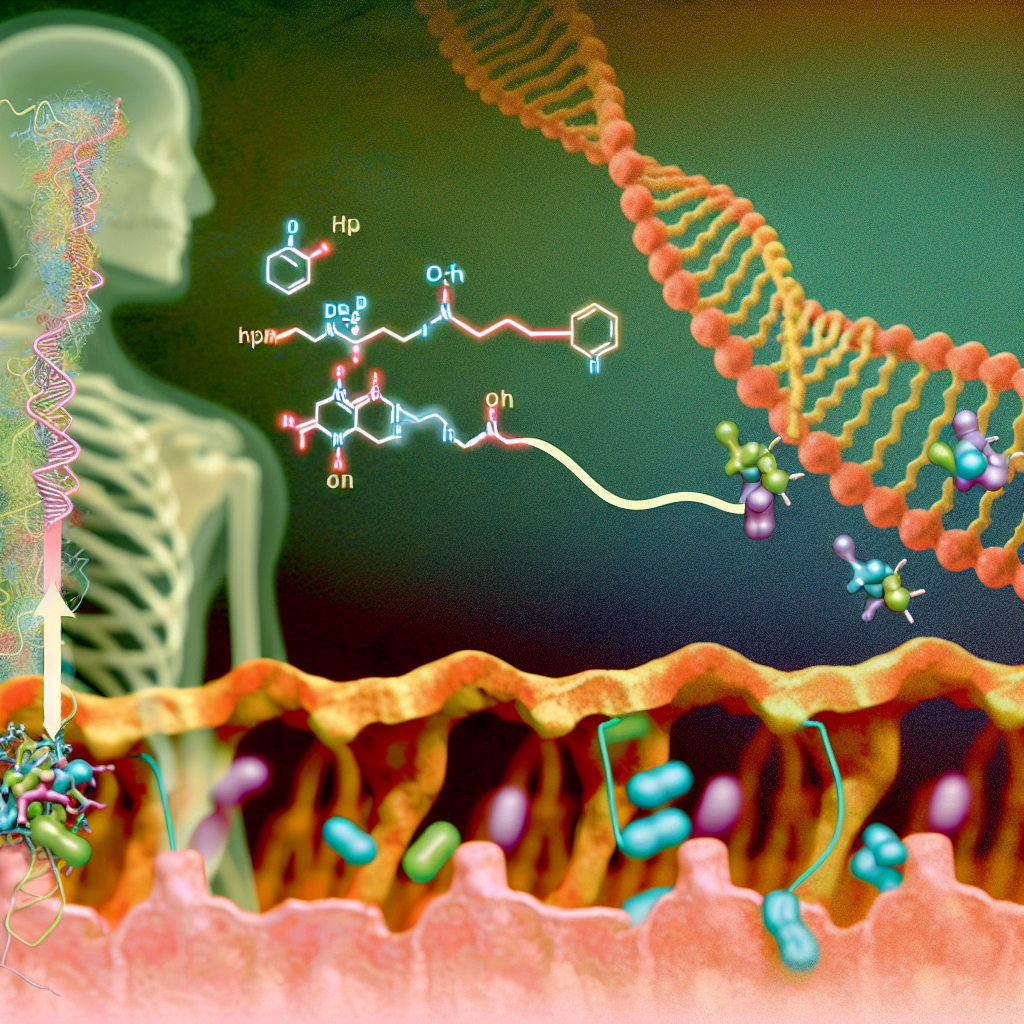CBG Benefits: Latest Research and Medical Applications
Introduction: Why CBG is the “Mother Cannabinoid” You Need to Know About
Cannabigerol (CBG) is steadily gaining traction as one of the most promising cannabinoids in the medical and wellness sectors. Referred to as the “mother cannabinoid,” CBG is a precursor to other well-known cannabinoids. Recent cultivation advancements have produced strains with higher CBG concentrations, paving the way for broader research into its therapeutic potential.
Anti-Inflammatory Power: Can CBG Tackle Gut-Related Issues Like IBD?
CBG has shown strong anti-inflammatory potential, particularly in the context of intestinal and gut health. A 2013 study explored CBG‘s effects on murine models of inflammatory bowel disease (IBD) and found that it reduced inflammation and nitric oxide production in the colon.
CBG for Neuroprotection: A Beacon of Hope for Huntington’s Disease and Beyond
CBG has garnered attention for its neuroprotective potential, especially with regard to neurodegenerative diseases. A 2015 study investigated CBG‘s effect on a mouse model of Huntington’s disease, finding that CBG protected neurons and improved motor deficits.
A New Weapon Against Superbugs: CBG’s Antibacterial Strength
A 2020 study tested CBG against methicillin-resistant Staphylococcus aureus (MRSA), revealing that CBG effectively disrupted bacterial biofilms, making it a potent antibacterial agent.
CBG vs. Cancer: What Preclinical Studies Are Revealing
Preclinical studies indicate that CBG may play a role in inhibiting the growth of certain types of cancer. A 2014 study examined the effects of CBG on colorectal cancer cells and found that it inhibited tumor growth and promoted apoptosis.
Clearer Vision with CBG: A New Hope for Glaucoma Treatment
CBG‘s ability to reduce intraocular pressure makes it a valuable candidate for glaucoma treatment. A study demonstrated CBG‘s efficacy in decreasing intraocular pressure and improving blood flow to the eyes.
CBG for Wellness: Appetite Stimulation and Weight Management
CBG may also assist with appetite stimulation, particularly for individuals struggling with conditions like cancer or HIV/AIDS that result in appetite loss. A 2016 study found that CBG significantly increased food intake in rats without adverse side effects.
Conclusion: The Future of CBG in Wellness and Medicine
The ongoing exploration of CBG‘s therapeutic applications is rapidly reshaping our understanding of cannabis-based medicine. From reducing inflammation and combating drug-resistant bacteria to providing neuroprotection and aiding in cancer therapy, CBG holds immense promise.
Summary:
Cannabigerol (CBG) is a promising cannabinoid with a wide range of therapeutic potential, from reducing inflammation and treating gut-related issues to providing neuroprotection and combating drug-resistant bacteria. Preclinical studies have highlighted CBG’s ability to inhibit tumor growth, improve glaucoma treatment, and stimulate appetite. As research continues, CBG is emerging as a significant player in the world of cannabis-based medicine.
References:
The Role of Cannabigerol in the Treatment of IBD
Cannabigerol Neuroprotection in Huntington’s Disease
CBG as an Antibacterial Agent for Drug-Resistant Bacteria
CBG and Colorectal Cancer Cells
Intraocular Pressure and CBG in Glaucoma
CBG and Appetite Stimulation




